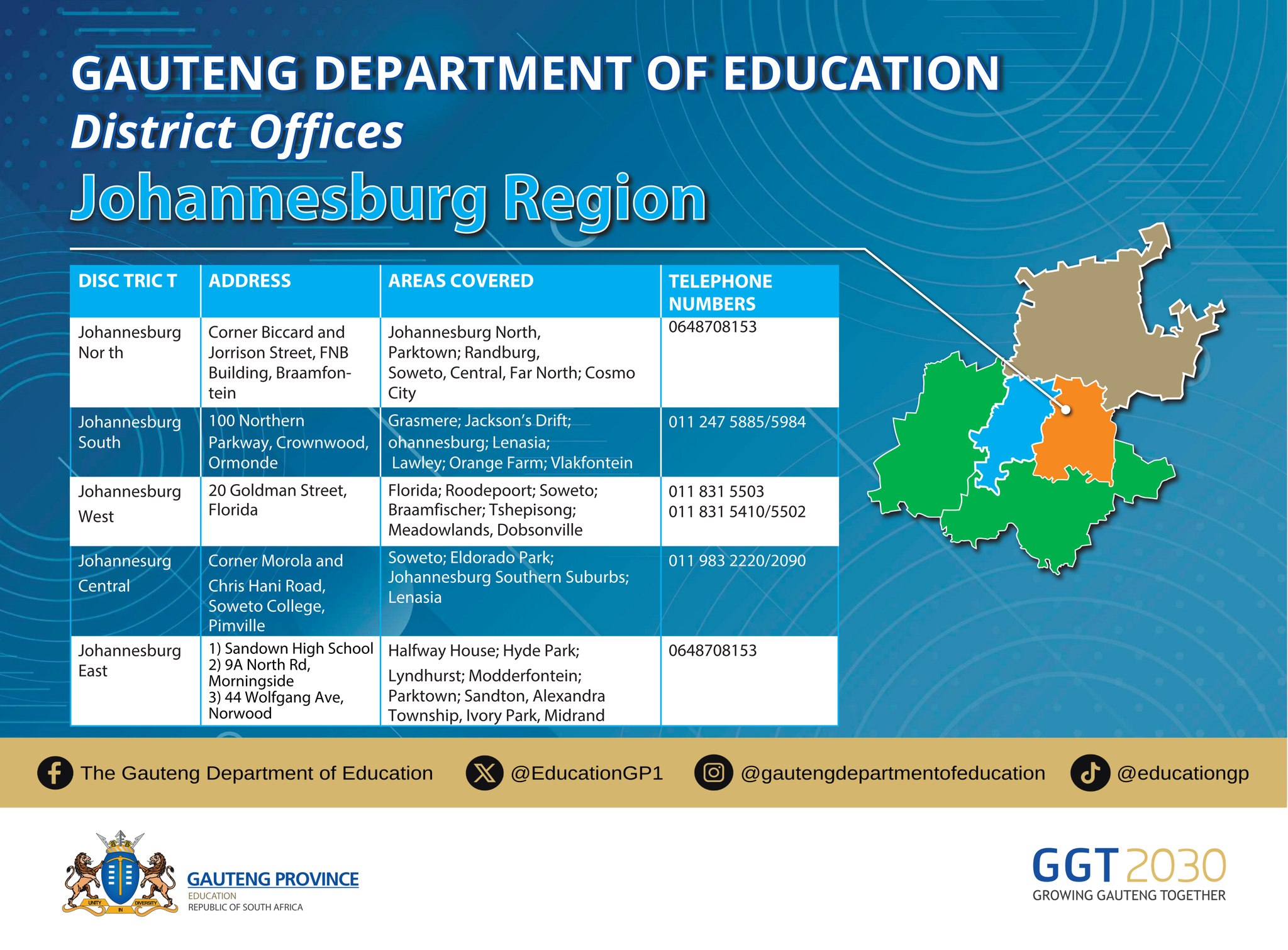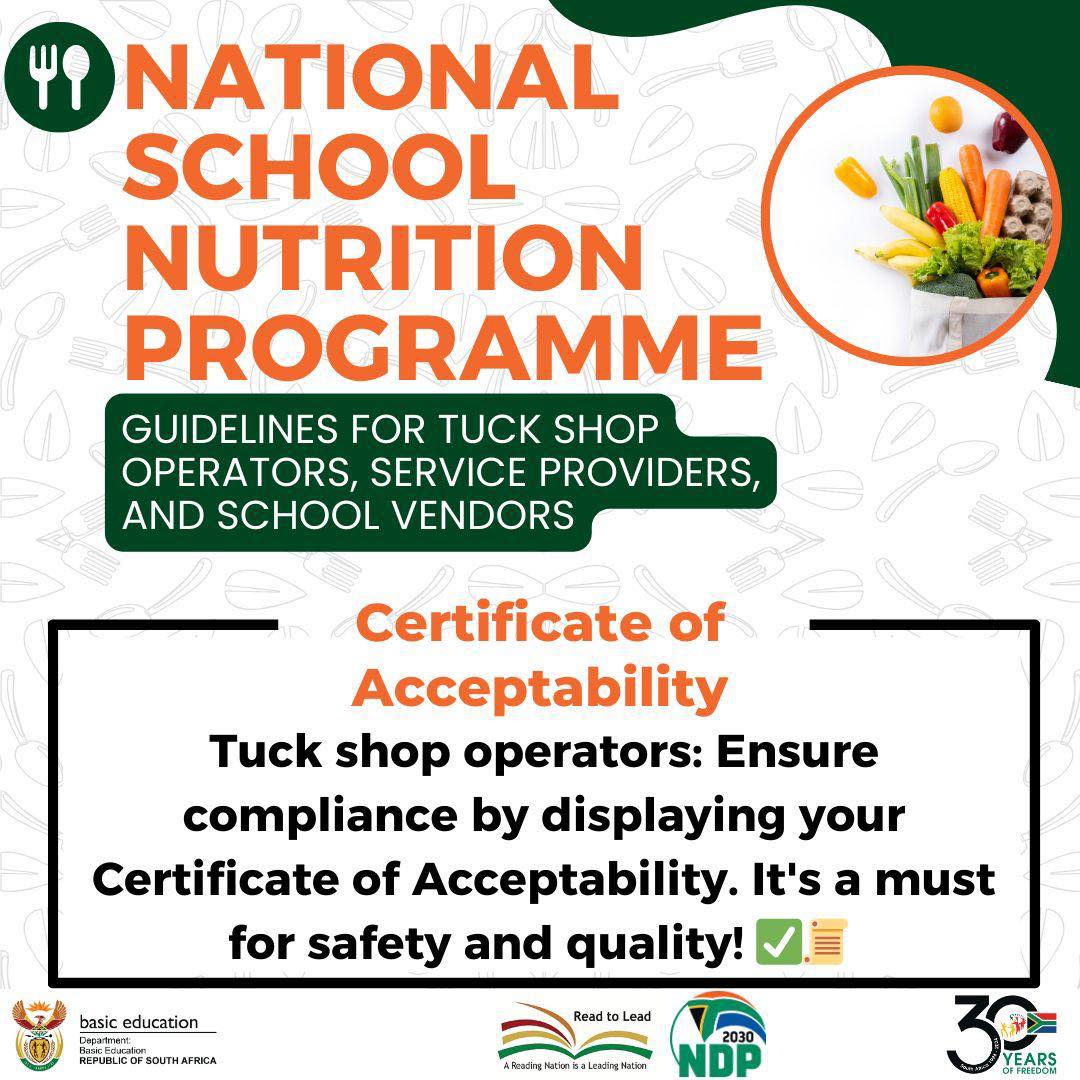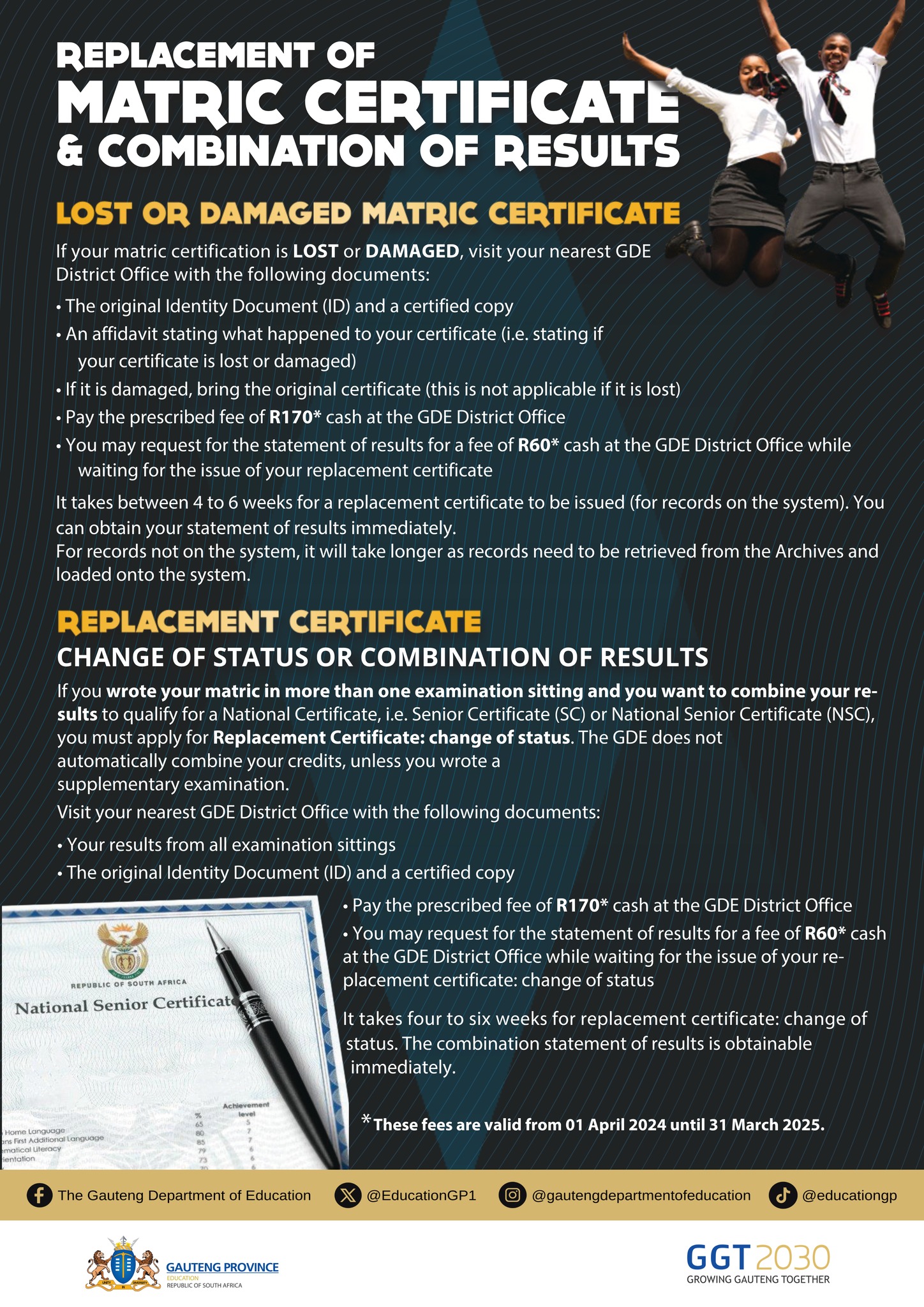By Mzukona Mantshontsho
This is youth month. We are also celebrating twenty-five years of democracy in South Africa, embracing our struggles and victories.
But for Tamsanqeleka Yanda Bango, today’s struggles are embedded in poverty, illiteracy, unemployment, amongst other issues, and we need to work towards eradicating these ills.
“These ills hinder our development in so many ways, they are the factors that stand in the way of true economic and social emancipation and we need to work together to change them,” said Bango, a former Masters Student at Rhodes University who worked on a thesis focusing on youth participation, empowerment and the role of education in improving one’s life.
She chose this topic because there is always talk about youth apathy but we never actually fully engage about the factors that might influence this and how exactly, if at all, young people are distanced from their communities. “Through the research I learnt and am starting to understand more about youth, which I feel is very important if we want to create solutions and contribute to the transformation of our country.”
The beauty was also the national finalist of the Miss Commonwealth South Africa 2014 pageant, a culture and charity brand beauty pageant where beauty is no barrier to participation in improving the lives of less fortunate. The winner was crowned – the contestant who raised the most funds for the chosen charity. The title holders also got the opportunity to travel to London and compete in Miss Commonwealth International.
Bango raised funds for the Ikageng Aids Ministry, a community organisation that cares for orphaned and vulnerable children through education, health and nutrition. “I entered the pageant because I strongly believed that every individual has a role to play in the transformation of our country. It is important to know and understand that every act, every contribution we make is significant. Entering this pageant, for me, is one way I chose to use my abilities to contribute to a meaningful cause of building a better South Africa.”
“My deepest desire is to see public schools in townships and villages having the same standard and quality as private schools. Education should encourage young people to see beyond their current circumstances.”
“Youth unemployment for me is caused by two things: lack of a holistic education that imparts skills and knowledge not just about the required qualification but also understanding social relations. Unemployment is also caused by the lack of creativity amongst young people. This lack of creativity is caused by the lack of empowerment from our sources of influence,” Bango added.
“Education for me does not begin in the classroom nor does it end there, critical education is one that transcends beyond the classroom and allows one to use the theories and principles learned for practical life situations unlimited to the work environment.”
Bango says that the unemployment problem can thus be improved by providing students with a holistic education that helps them to not limit their activity to what they qualify to do or aspire to become, professionally.
As we celebrate the Youth of June 1976 I am also reminded that many South Africans at large, particularly the youth, are still up to this day not free because of our struggle which is embedded in poverty, illiteracy, unemployment, amongst other issues. I think everyone would like to truly enjoy the promise of democracy and dignity in our lifetime where every child has access to proper and quality education, where poverty and insecurity seize to exist and where opportunities are granted to each and every South African child because she or he is worthy, by virtue of being a human being, to lead a decent, secure and humane life.
Valuing human life comes with creating a sense of unity and trust amongst ourselves in all the spaces that we occupy and actively engaging in liberating action. On the government’s part it comes with providing a more encouraging and possible environment for young South Africans to become fully human, whereby no child is constrained by any social and economic obstacles in the pursuit of fulfilling his her goals and vision in life; that for me is true emancipation.
The way I see it, education is one way we can do this. By education I do not mean merely receiving an academic qualification and reproducing knowledge in the labour market, this will not fully solve our problems. We must strive to be critical agents who receive education and inspiration from all walks of life, from spaces beyond the classroom. The education that we receive from school must inspire us to be agents of change. Let us be creative and inspired enough to create our own platforms and avenues of developing ourselves, families and communities through sustainable and progressive activity.
I believe that we have a lot of potential as young people; we just need to uncap it and support each other. We can start with this process by creating a positive, unified and inspiring environment for ourselves, we must also understand that everyone has something valuable to offer and we are in this together. On this note, let us consciously develop our own communities and give back with our time and energy. I think we must move forward with the mentality of progressively creating solutions, as a youth unit, to our social problems.
Lastly, let us also not be afraid to knock on doors for assistance and guidance where needed because no man is an island and so it is inevitable to ask for help, this is what makes the effort worthwhile. When we as the youth actively and progressively work towards improving our conditions I am confident that we will find fulfilment and this on its own will create a culture of active participation among our youth. Let’s do this!
As I am passionate about education and youth development, I want to urge fellow young people to go towards the direction of their dreams, choose a career and activity that will enrich you as an individual and when you are enriched remember to share it with the rest, be that needed agent of change. We are our country’s future therefore it is our responsibility to engage in activities that mould and unite SA. What you need to ask yourself is when and in what initiative you will use your skills, abilities and passion to effect change where you are.
In celebrating 25 years of a democratic state, the role of the leadership is to embrace the growth over the years to counter some of the challenges faced by the South African public and help in improving some of the conditions mentioned above. Bango feels that John C. Maxwell’s quote best summarizes her thoughts on leadership: “A leader is one who knows the way, goes the way and shows the way”.
“Good leadership, for me, is having the ability to respect those you represent and representing them with integrity. A leader should be able to put the people’s interests first and being prepared to be their servant. I subscribe to Amilcar Cabral’s understanding of leadership which is being one with the people and using your skills and expertise to contribute to a course,” she said.
What we know about Yanda Tamsanqeleka Bango:
– She graduated with a Master of Arts in Development and Governance from University Duisburg-Essen in Germany.
– She submitted her second Master of Arts Degree, in Sociology, at Rhodes University. (She hasn’t received the certificate yet!)
– She’s currently working at the Paulo Freire Project which is based at the University of KwaZulu-Natal in Pietermaritzburg.
– She’s interested and engaged in youth development facilitation and education.










